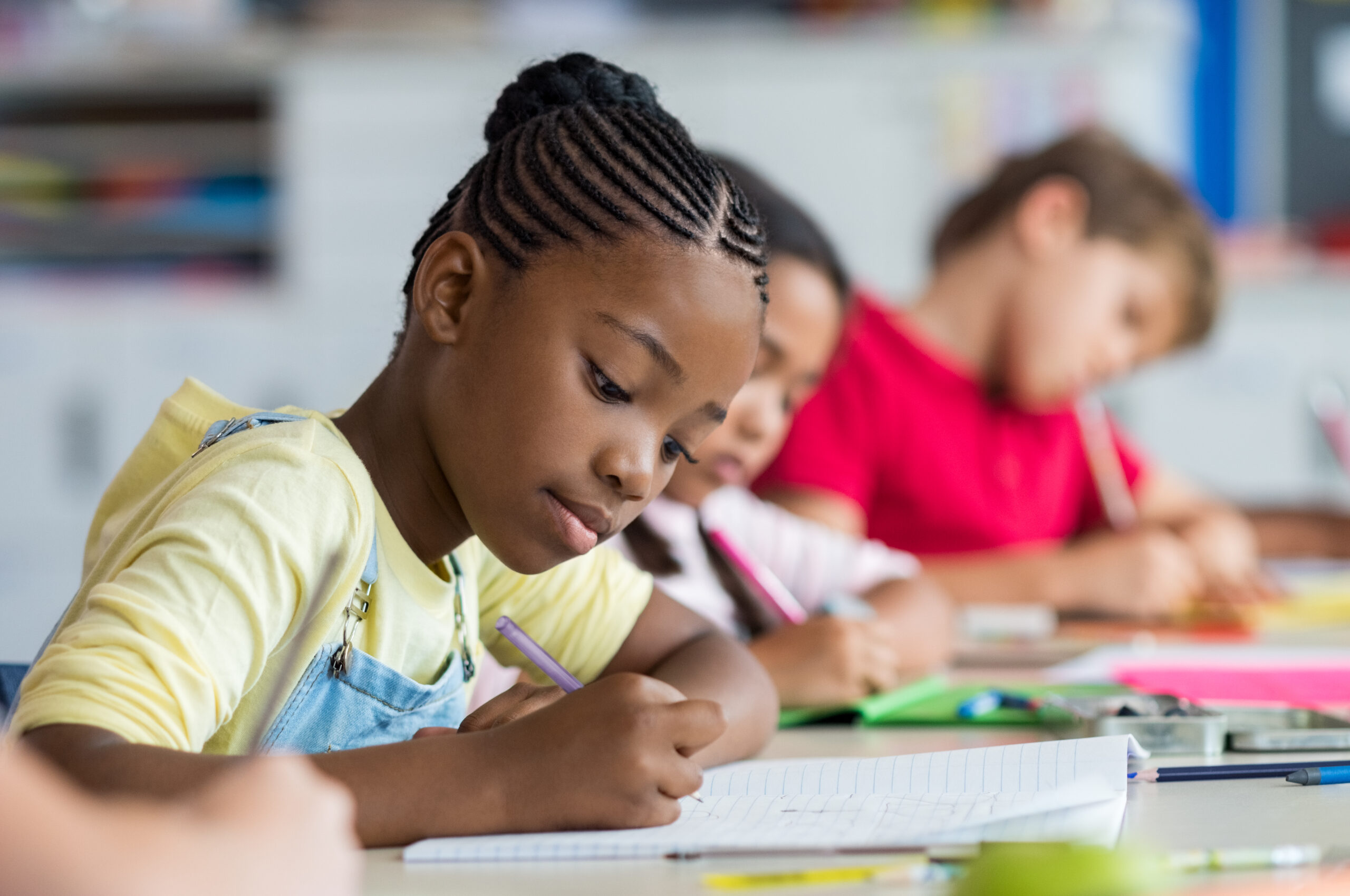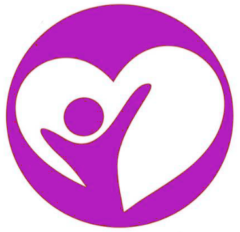
The ideal Teacher should be a facilitator to nourish the qualities of wonder and spontaneity in the Child and allow this intrinsic Inner Innocence to be acknowledged as an essential building block in every Child’s natural development. Wise voices – past and present – advocate the paramount importance of a playful disposition – throughout life. Latest Scientific evidence shows that the neuro-system in humans – referring to cognitive ability – matures only gradually and that the immature neuro-system of small children simply cannot understand or grasp concepts from the adult mind until their brains have developed sufficiently. Smart phones allow the Internet and social media to constantly bombard their young lives with inappropriate adult material when, in reality, the proper preserve of children at this stage is play. To counteract this disturbing phenomena could today be an exciting time to ‘grasp the nettle’ and to re-consider the school curriculum? Should we educate (from the Latin word ‘educare’ – to bring out that which is within’) our young children by allowing their birth-right of joyful creative Innocence to take centre stage in the classroom? The Finnish education system recognises this need and her children enjoy the most successful academic results in the Western world.
Plato – 428 BC – 348 BC – Athenian philosopher one of the most important figures of the Ancient Greek world and the entire history of Western thought. Devoted follower of Socrates:
“Don’t force your children into your ways, for they were created for a time different from your own.”
“The direction in which education starts a man will determine his future life.”
Aristotle – 384 BC – 322 BC – ancient Greek philosopher and scientist – still considered one of the greatest thinkers in politics, psychology and ethics:
“Educating the mind without educating the heart is no education at all.”
Maria Montessori:
“Free choice is one of the highest of all the mental processes.”
“Childhood is not a race to see how quickly a child can read, or write, or count. Childhood is a small window of time to learn and develop at the pace which is right for each individual child.”
Friedrich Frobel – 1782 – 1852 – German pedagogue – pioneer of early childhood education and care – coined the word ‘Kindergarten’:
“Play is the highest expression of human development – it gives joy, freedom, contentment, inner and outer rest, peace with the world… The plays of childhood are the germinal leaves of all later life.”
American Academy of Paediatrics (AAP):
“Play is so important to optimal child development that it has been recognized by the United Nations High Commission for Human Rights as a Right of every Child.”
Jean Piaget – 1896 – 1980 – Swiss psychologist known for his work in child cognitive development – genetic epistemology. The first to make a study of the acquisition of understanding in children – a major figure in 20th century developmental psychology.
“Children do not think like Adults do.”
“Once you teach a Child something you take away forever his chance of discovering it for himself.”
“The current state of knowledge is a moment in history, changing just as rapidly as the state of knowledge in the past has ever changed and, in many instances, more rapidly.”
“The goal of education is not to increase the amount of knowledge but to create the possibilities for a child to invent and discover.”
“What is desired is that the teacher ceases being a lecturer, satisfied with transmitting ready-made solutions. His role should rather be that of a mentor stimulating initiative and research.”
“The principal goal of education in the schools should be creating men and women who are capable of doing new things, not simply repeating what other generations have done.”
“Each time one prematurely teaches a child something he could have discovered for himself, that child is kept from inventing it and consequently from understanding it completely.”
“Children require long, uninterrupted periods of play and exploration. Play is the answer to how anything new comes about. Play is the work of Childhood.”
“Children’s games constitute the most admirable social institutions.”
David Elkind – contemporary American psychologist author of “The Hurried Child”:
“Decades of research has shown that play is crucial to physical intellectual and social-emotional development AT ALL AGES. This is especially true of the purest form of play; the unstructured, self-motivated, imaginative, independent kind, where children initiate their own games, and even invent their own rules.”
“Children today have been transformed from net producers of their OWN play culture, to net consumers of play culture imposed by ADULTS. We see adolescents mourning for a lost childhood.”
“Children are not just sitting twiddling their thumbs – they are expanding a vast amount of time and effort exploring and understanding their immediate world. Healthy education support and encourages this spontaneous learning.”
“When we are polite to children we show in the most simple and direct way possible that we value them as people and care about their feelings.”
“Play is not only our creative drive; it’s a fundamental mode of learning.”
”The shift from the perception of the Child as ‘Innocent’ to the perception of the Child as ‘Competent’ has greatly increased the demands on contemporary children… this perception of Childhood Competence (as against Childhood Innocence) has shifted much of the responsibility for child protection and security from parents and society to children themselves.”
Edith Ackermann – 1946 – 2016 – renowned educational researcher:
“When it comes to learning and creative uses of technologies, children have more to teach adults than adults to children.”
Johann Pestalozzi – 1746 – 1827 – Swiss pedagogue and educational reformer. His motto:
“Learning by Head, Hand and Heart”
C.J. Jung – 1875 – 1961 – Swiss psychiatrist and psychoanalyst who founded analytical psychology:
“The creation of something new is not accomplished by the intellect but by the play instinct acting from inner necessity The creative mind plays with the object it loves.”
Robert K Hutchins:
“The object of education is to prepare the young to educate themselves throughout their lives.”
Bel Kaufman – 1911 – 2014 – American teacher and author:
“Never mind the cream; it will always rise to the top. It’s the skim milk that needs good teachers.”
“Learning is a process of mutual discovery for teacher and pupil. Keep an open mind to their unexpected responses.”
“Love is the ultimate giving, an expression of one’s best self.”
“I want to point the way to something that should forever lure them when the TV set is broken and the movie is over and the school bell has rung for the last time. And that’s it; that’s why I teach; that’s the one and only compensation: to make a permanent difference to the life of a child.”
Oscar Wilde – 1854 – 1909 – Irish poet and playwright.
“Education is an admirable thing, but it is well to remember from time to time that nothing that is worth knowing can be taught.”
